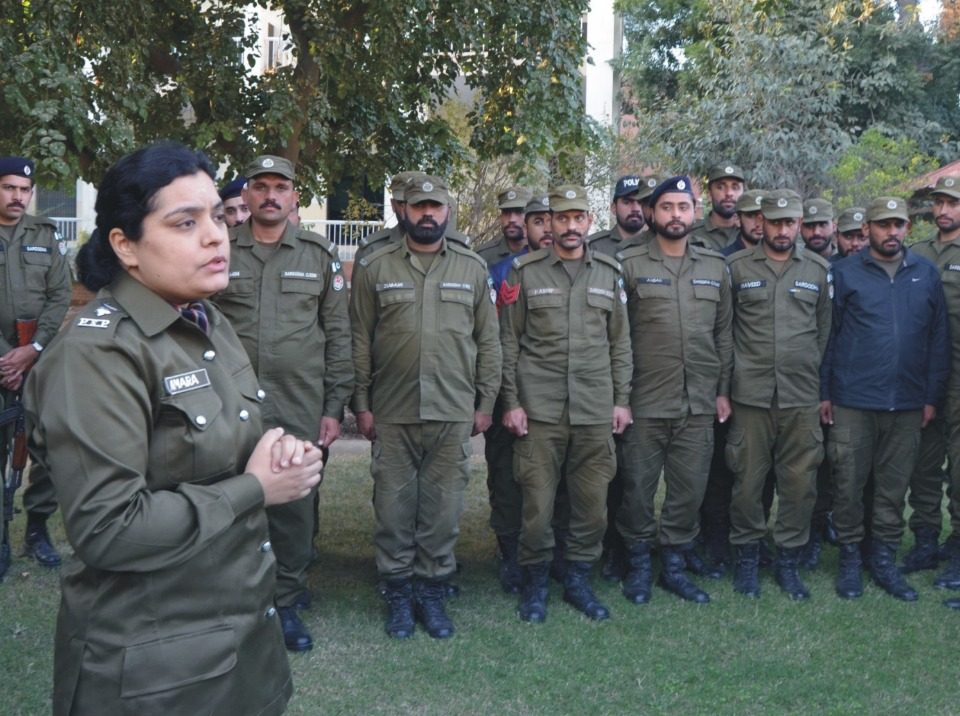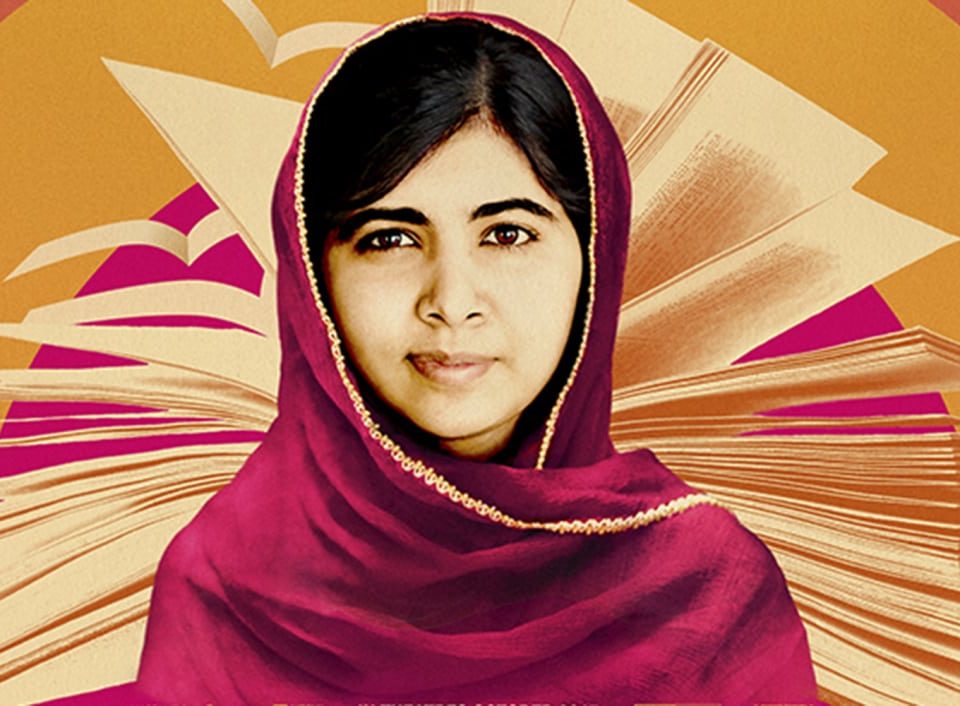Journlist protection bill presented in Sindh assembly
Journalist Asad Toor assaulted in Islamabad
Protection law for Pakistani media
—by Lubna Jerar Naqvi
Journalism is a dangerous profession and attacks against journalists are on the rise all over the world. More than 61 journalists have lost their lives in Pakistan, while 1402 have been killed all over the world since 1992.
According to the IFJ, Pakistan was the second most dangerous country for journalists in 2020 after Mexico, with five journalists killed. The situation has not improved as more and more journalists face attacks online. Experts say online attacks can most often be translated offline – which has been seen in many countries.
The situation in Pakistan caused the UN High Commissioner for Human Rights (in 2020) to comment on the dangerous situationfaced by journalists in Pakistan. The UN OHCHRvoiced its concerns- in a press statement posted on its website – saying, “instances of incitement to violence – online and offline – against journalists and human rights defenders in Pakistan, in particular against women and minorities. Especially worrying are accusations of blasphemy – which can put accused individuals at imminent risk of violence.”
Since then the situation has not improved a lot on the ground. Many journalists have been threatened and some even silenced by threatens online and other threatening ways. However, the situation in Pakistan has been bad for the media and journalists for several years now.
More and more journalists have been forced into the abyss of silence – some have been forced by their media houses to stop doing their jobs or were ghosted by the organization. Muting them on-air. Others were sacked on one pretext or another. However, many vocal and strong journalists continued to challenge the status quo using social media. And they kept asking questions that largely went unanswered.
Journalists and media workers were pushed into a corner. With no one to turn to except their colleagues and unions, they largely protested online and offline. And continued to do journalism online.
Despite there being a law to protect them – the Protection Law 2014 – none of these journalists attempted to get legal protection under it. This was probably because of the vagueness of its scope. Or probably because the media has been under a financial crunch for four to five years now and the process of law is expensive. To add to their worries, journalists and media workers were facing extreme pressures – job insecurity the main one. Most are not bothered to fight for their rights which are easily usurped on one pretext or another – as they are more focused on the fight to survive in the job.
Recently, another bill for the protection of journalists and media workers has been tabled simultaneously in the National Assembly as well as one of the provinces – the Sindh Assembly, the stronghold of Bilawal Bhutto’s party PPP.
TheProtection of Journalists and Media Professionals Bill, 2021introduced on May 21, 2021, aims at protecting journalists and media professionals in Pakistan. The journalist bodies like the Pakistan Federal Union of Journalists (PFUJ) and Karachi Union of Journalists (KUJ) are quite pleased with these bills as representatives from the unions and media fraternity have been part of the drafting process.
This is the right time for these bills to be introduced in the assemblies with an increase in attacks against journalists and media workers. The main aim of thesebills is to promote, protect and effectively ensure independence, impartiality, safety, and freedom of expression.They will protect journalists to work free of intimidation in conflict areas across the country.
Pakistan has not fared well on the World Freedom Index so far. According to Reporters sans frontières (RSF)independent journalism in Pakistan has come under more and more pressure and attacks since 2018. At present, the country ranks 145th in the World Freedom Index in 2021.
The RSFadded censorship of the media has increased in Pakistan since 2018, and media outlets are under a lot of pressure in different ways. Journalists who were critical or vocal against the government faced a myriad of issues, and some were even abducted by unknown people to increase pressure all around.
It also stated that social media is under strict scrutiny and ‘the government is trying to step up online “regulation,” by which it means censorship. A new phenomenon is emerging – cyber-harassment campaigns by pro-government or pro-military trolls against journalists, especially women journalists.
The Protection of Journalists Act, 2014may have not been able to protect journalists in many ways but it is quite an interesting read. Under the law, journalists are allowed to enjoy most of their fundamental and constitutional rights as Pakistanis. Whether anyone did is not clear.
The lawmakers of this Act seemed to have included important points in the law which seemed to work in favour of journalists. Take Section 4 for example, it includes, ‘Provision of Special Protection to Journalists’ in which the government will provide special protection to journalists for doing their duty amicably in any institution – federal or provincial.
It also saidquite clearly that government officials will ‘ensure facilitation to the journalists with protection and respect during discharge of their assignment’.
And that apart from protection and facilitation for journalists, while they are working, this law also protects their personal life, their families, and homes. There is also a provision to establish the National Press Council that will help inthe rapid resolution of journalistic problems.
Aijaz Ahmed – newly elected President of Karachi Union of Journalists (KUJ) – said while commenting on the Protection Bill,
“We need to study and understand the Protection Bill in different aspects and consider them. When we talk about the protection of journalists we are not only speaking about the government and institutions protecting their life and property but also protection to freely do their job without any intimidation from any quarter. A journalist should be ableto enjoy the freedom of expression and speech, and media. Journalists should be free to continue working without any pressure from the government, institutions, or media house to try and control what they report.”
Ahmed said, “The government and its institutions should also ensure that the media, media houses and journalists are protected against any pressure from other sections of society like religious and political parties; social and other organizations which try to usurp the media’s freedom for vested interests.”
Speaking about the exploitation of journalists, Ahmed added that journalists and their families be given medical facilities because unless a journalist is not financially secure, mentally, and physically healthy it is very difficult for them to concentrate properly on the job.
“The government should also take steps to protect the financial rights of journalists and the media workers, and ensure they are not deprived of their livelihood by forced layoffs.” He said.“Steps have to be taken to ensure media houses follow labour laws properly and the journalists’ rights are safeguarded.The contract system and third party contracts need to end, and salary deductions need to stop and it should be paid on time and regularly.”
The 2014 law may not be very impressive but it seems that the Protection of Journalists and Media Professionals Bill, 2021 will fare better.
GM Jamali – senior journalist and PFUJ President – said speaking about the bill, “We welcome the Protection of Journalists and Media Professionals Bill, 2021 that has been tabled in the National Assembly and Sindh Assembly –which has now been handed to the standing committee in the Sindh Assembly. This Bill has been made after advice, suggestions, recommendations, and consensusof all PFUJ leaders. While formulating the draft, we have emphasised– and included – important points like protection of journalists; for their financial stability including timely payment of salaries; life insurance, and health insurance.”
He added, “We have requested the Sindh Government to form a commission – which it has approved – that will takeimmediate action and resolve issues faced by journalists and media workers in Sindh.”
Commenting on the Protection of Journalists and Media Professionals Bill, 2021 introduced in the National Assembly and the Sindh Assembly, senior journalist, human rights defender, and former president of Karachi Union of Journalists (KUJ), Syed Hassan Abbas said journalists welcome these bills being presented in the National Assembly and Sindh Government.
“Such a protection bill was a big demand of media journalists and media workers to safeguard their rights and to provide solutions to the major issues they are facing.”
Abbas said that the draft of the Protection of Journalists and Media Professionals Bill, 2021 was shared with members of KUJ by the Sindh Government, who worked alongside the provincial government, shared their recommendations and suggestions. He said the bill is a comprehensive one that covers many serious issues like job insecurity, non-payment of salaries. On KUJ’s suggestions, the bill also focuses on the protection of women journalists in the workplace.
Abbas said PFUJ President GM Jamali, PFUK General Secretary Rana Muhammad Azeem, and other PFUJ leaders have worked closely with the Federal government on the Bill to ensure that all relevant and important points are included in it.
It is hoped that the Protection of Journalists and Media Professionals Bill, 2021 – both on the Federal and Sindh levels – comes up to the expectations of the journalists and media workers. And provides relief to them unlike its predecessor the Protection of Journalists Act, 2014.
The government should also focus on the increase in online attacks on journalists and also take appropriate steps to take swift action against them so that journalists can do their work without hindrance and threats.




